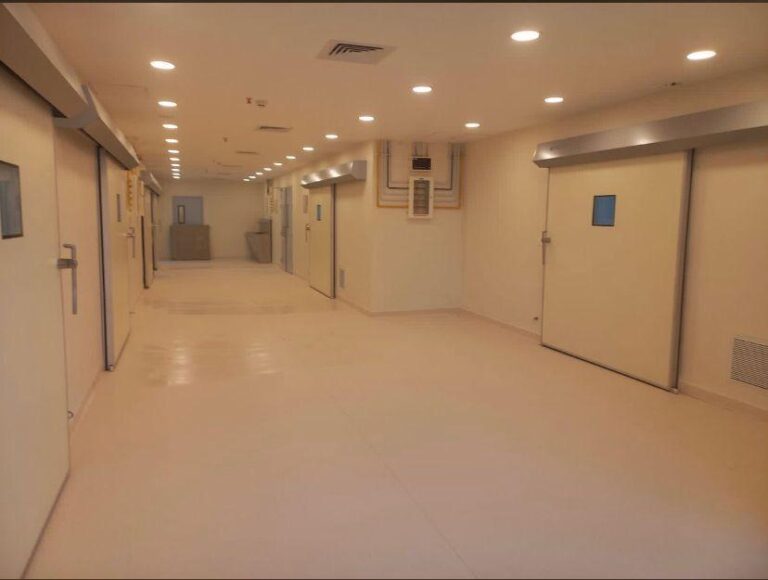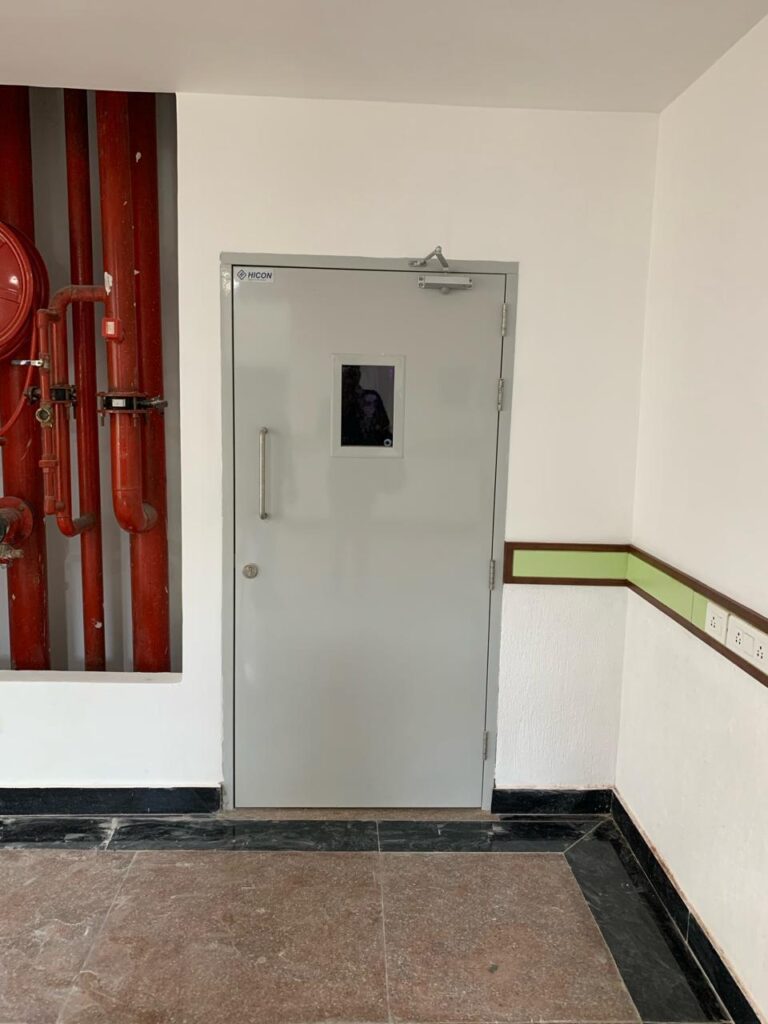In today’s highly regulated industries, maintaining product safety and ensuring compliance with standards is more critical than ever. From pharmaceuticals and biotechnology to electronics manufacturing, even the smallest environmental contamination can compromise product quality, lead to costly recalls, and pose serious health risks. This is where clean rooms play an essential role, providing controlled environments designed to minimize the presence of pollutants such as dust, airborne microbes, aerosol particles, and chemical vapors.
Understanding Clean Rooms
A clean room is a specially engineered space where environmental parameters like temperature, humidity, and particle concentration are strictly controlled. The level of cleanliness is defined by international standards such as ISO 14644, which categorize clean rooms based on the number and size of particles permitted per cubic meter of air. Clean rooms are typically equipped with high-efficiency particulate air (HEPA) filters, advanced ventilation systems, and strict protocols for personnel, equipment, and materials entering the space.
Enhancing Product Safety
One of the primary benefits of clean rooms is the significant enhancement of product safety. In pharmaceutical manufacturing, for instance, even microscopic contaminants can affect drug purity and efficacy. Clean rooms ensure that production occurs in a contaminant-free environment, reducing the risk of bacterial or viral contamination. Similarly, in the electronics industry, dust or particles can damage sensitive components, resulting in defective products. By controlling environmental factors, clean rooms help maintain the integrity and consistency of the products, ensuring they meet the highest safety standards.
Facilitating Regulatory Compliance
Compliance with regulatory standards is a mandatory requirement across many industries, particularly healthcare and food production. Regulatory authorities such as the FDA, EMA, and ISO mandate stringent controls over production environments to prevent contamination and ensure product quality. Clean rooms provide the necessary infrastructure to meet these standards by offering traceable environmental control, regular monitoring, and proper documentation. This not only ensures compliance but also builds trust with consumers and regulatory bodies alike.
Supporting Research and Innovation
Clean rooms are not only crucial for manufacturing but also play a pivotal role in research and development. Laboratories developing new drugs, vaccines, or precision electronics require environments free from contamination to conduct experiments accurately. By providing a controlled space, clean rooms enable scientists and engineers to test products under standardized conditions, accelerating innovation while minimizing risk.
Minimizing Contamination Risks
In addition to improving product safety, clean rooms minimize contamination risks that can lead to operational downtime, product recalls, or financial loss. Advanced clean room designs incorporate features such as airlocks, sticky mats, gowning areas, and directional airflow to prevent cross-contamination. Personnel are trained to follow strict hygiene and procedural protocols, further ensuring that the environment remains controlled.
Conclusion
The importance of clean rooms cannot be overstated for industries where product safety, quality, and compliance are non-negotiable. By providing a controlled environment, they help prevent contamination, ensure regulatory compliance, and support high standards of product integrity. Investing in well-designed clean rooms not only safeguards the end product but also protects the brand reputation and ensures customer confidence.
For companies looking to enhance their manufacturing and research environments, partnering with experienced providers like HIKOM International LLP ensures access to advanced clean room solutions tailored to industry-specific requirements. With the right infrastructure and expertise, businesses can achieve superior product safety, regulatory compliance, and operational excellence.


